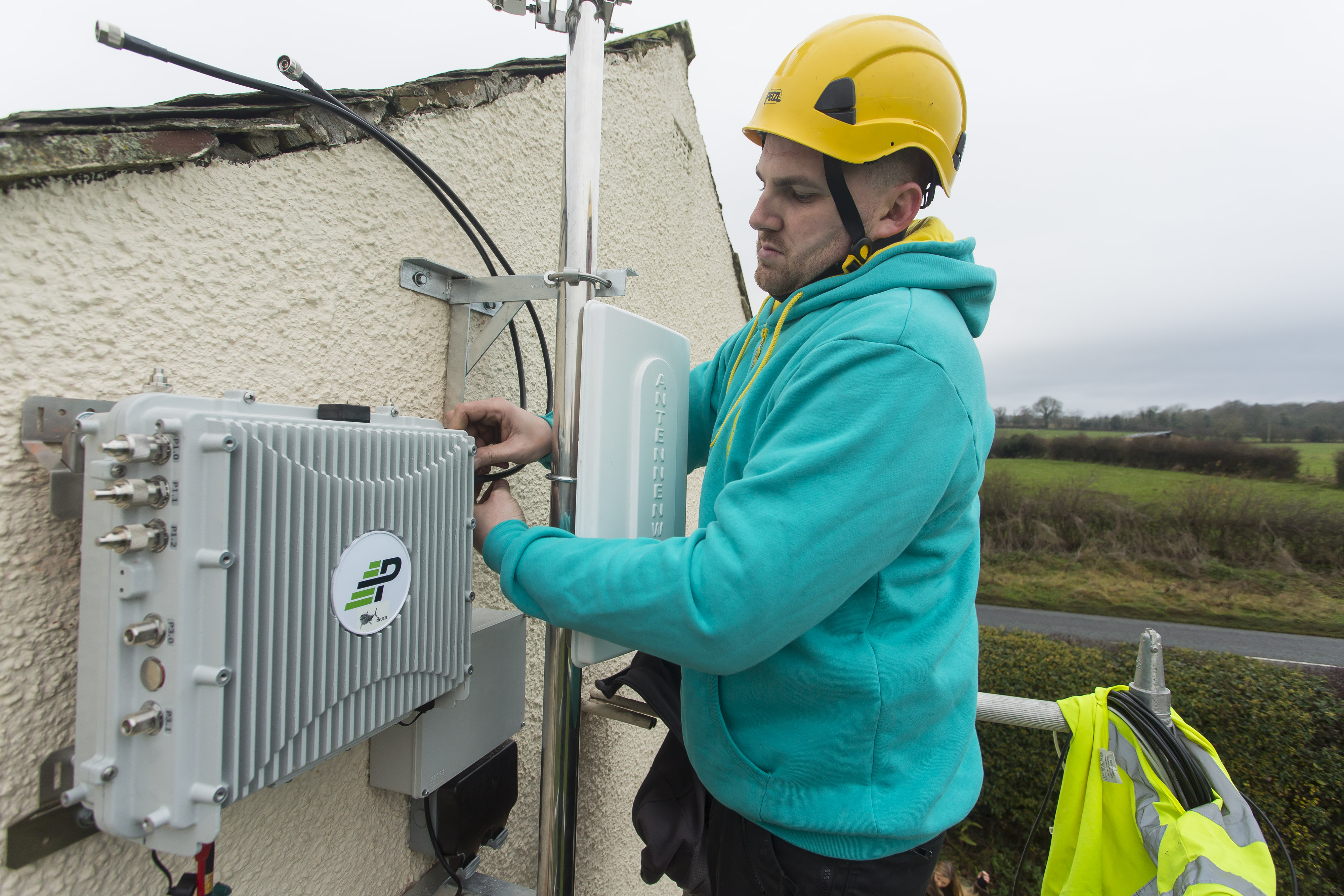

EE says the provision of spectrum alone is not enough to ensure the UK’s mobile networks can support huge increases in data demand before and after the advent of 5G, and has urged the government to make it easier to build infrastructure.
Speaking at a Westminster eForum in London, EE’s head of spectrum Ingle Hansen said traffic was growing by 60 percent each year and this growth is not expected to slow down until 2020 – the year the first commercial 5G networks are supposed to launch.
Ofcom has promised that plenty of spectrum will be available for the arrival of 5G, but Hansen argued such support is pointless so long as other barriers persist.
Hansen said 5G will require operators to densify their networks and build more sites, improving the efficiency of existing spectrum assets. However EE, and the other major operators, want the Electronic Communications Code (ECC) to be reformed so access to land is easier.
At present, every time an operator wants to build or even upgrade an existing site, it must negotiate with the landowner, while some local authorities require individual planning applications for small cells – a lengthy and time consuming process.
“[Network densification] will not just make us demand less spectrum but use our existing spectrum more efficiently before 5G,” she said. “With current rents, that is not [economically] feasible. We really need to look at that to improve the economics of our infrastructure rollout.
“The ECC underpins relationship between mobile operators and site providers. We need to get to a much more reasonable setup. We need better rights to automatically upgrade sites. It can’t be right that we go to a site to upgrade it to 4G and we’re held to ransom.
“We will certainly continue investing in spectrum as it’s the lifeblood of mobile. Spectrum is a very big slug of our balance sheet and a significant intangible asset, but it’s just air until we start the associated network investments.
“In order to help us provide additional capacity we need urgent and effective reform to the ECC to improve economics of network rollout.”
Arqiva, which owns and operates a number of mobile sites across the UK, told TechWeekEurope, that unless it was made easier to rollout infrastructure, Britain risked falling behind the rest of the world in the 5G race as it would become too expensive to deploy small cells.
“Maybe local authorities have been given too much power,” said Nicolas Ott, Arqiva’s managing director of M2M and Telecoms.
Earlier this year, Prime Minister David Cameron suggested the government would implement legislation that will make it easier for mobile operators to build masts and other infrastructure to boost connectivity in rural areas.
How much do you know about UK mobile operators? Try our quiz!
OpenAI chief operating officer Brad Lightcap to oversee international expansion as company consolidates lead in…
Chinese researchers publish details on device that could wreak havoc on undersea communications cables in…
Former Intel chief Gelsinger expands role at Gloo, becoming executive chairman and head of technology…
MEPs add to Commission pressure for second EU Chips Act amidst industry calls for renewed…
Smartphone maker Xiaomi reportedly raises about $5.5bn in Hong Kong share sale as it invests…
BYD's Qin L EV sedan starts at about half the price of Tesla's Model 3,…